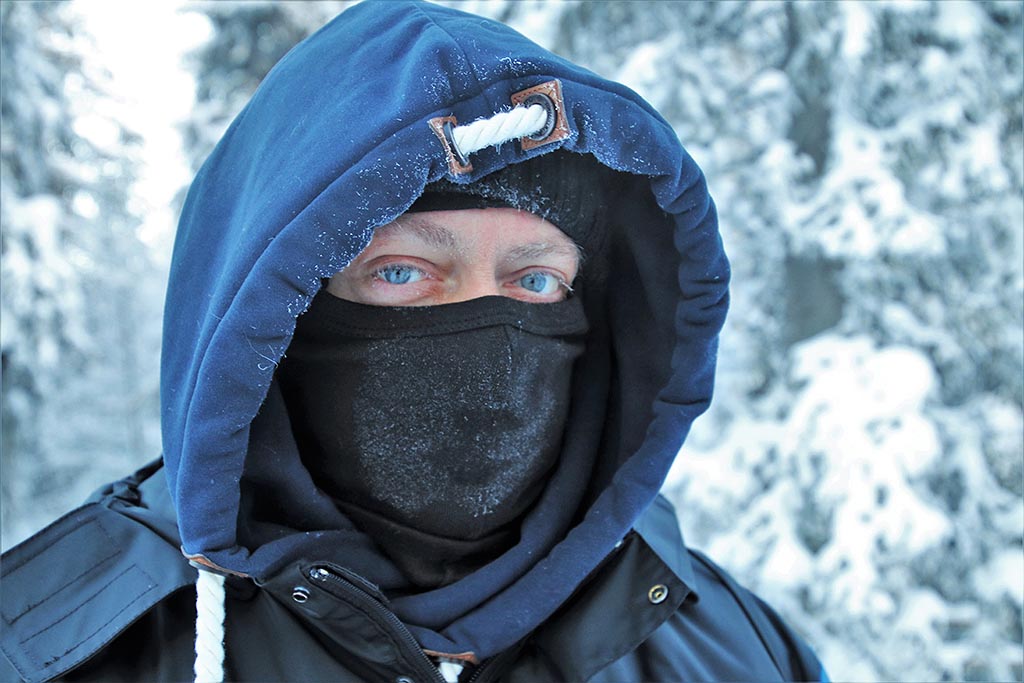by A.P.
Lost, wet and alone in a freezing, snow covered landscape, an Icelandic fisherman’s story of survival against the odds reveals the human body’s remarkable ability to adapt to the cold.
To mark the end of a turbulent year, we are bringing back some of our favourite stories for BBC Future’s “Best of 2020” collection. Discover more of our picks here.
Heimaey is the largest of the Westman Islands, an archipelago south of Iceland mostly inhabited by puffins. On Stórhöfði peninsula, at the southernmost point of Heimaey is an outcrop that juts into the Atlantic Ocean. The local weather station here claims to be one of the windiest places in Europe.
It was here, in the early hours of March 12 1984, that 23-year-old Guðlaugur Friðþórsson stumbled towards salvation. His bare feet were bleeding from deep cuts caused by the volcanic rock hidden beneath the snow, his clothes soaked in seawater and frozen to his body. He should have already died several times over, but something deep inside Friðþórsson propelled him forwards.
The night was clear and cold. The air temperature was -2C (28F) but with strong winds it would have felt much colder. Despite the freezing temperatures, he paused at a bathtub filled with water left out for sheep for a brief respite. Punching through the centimetre-thick ice he began to gulp down water from the trough.

